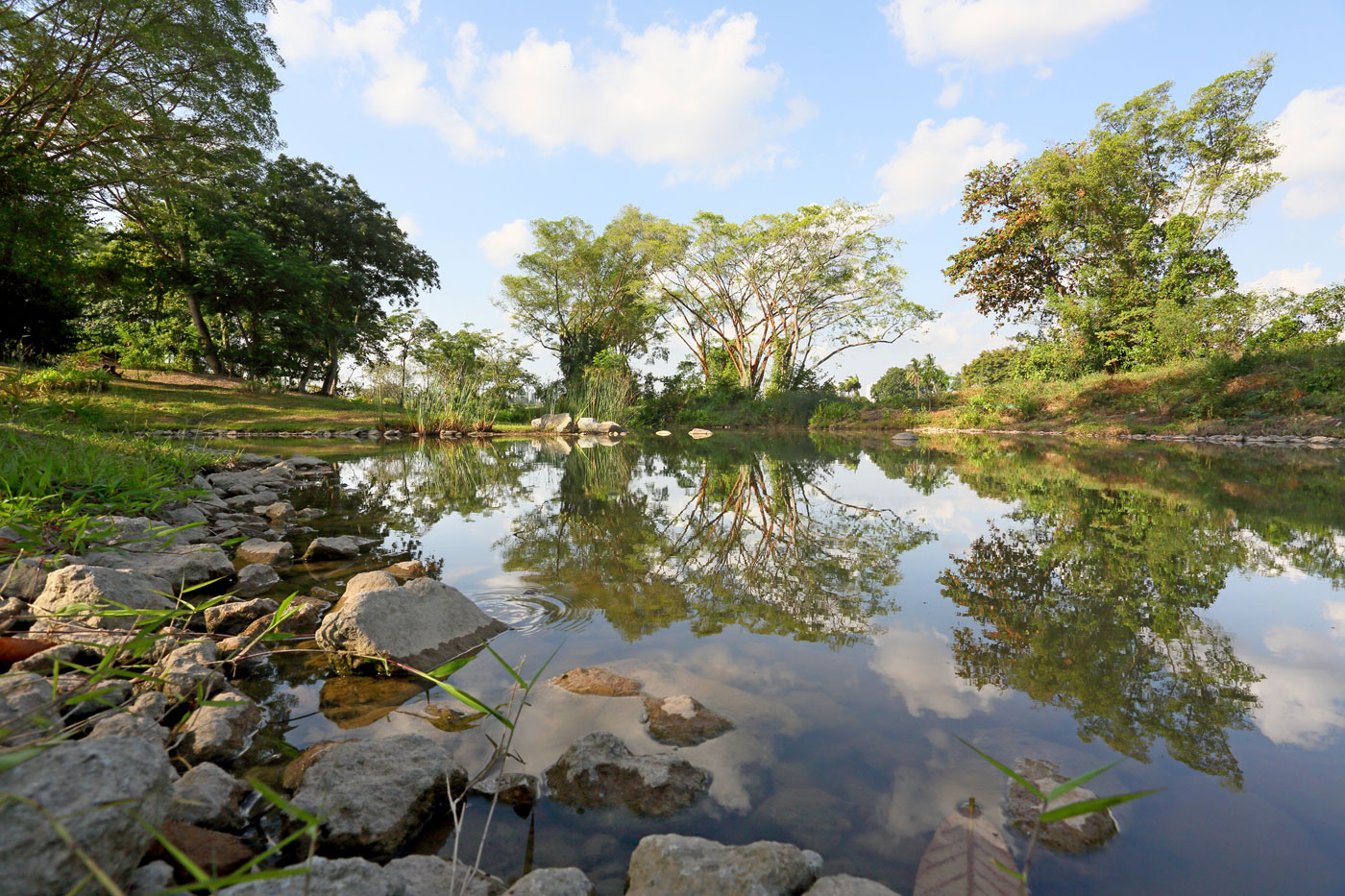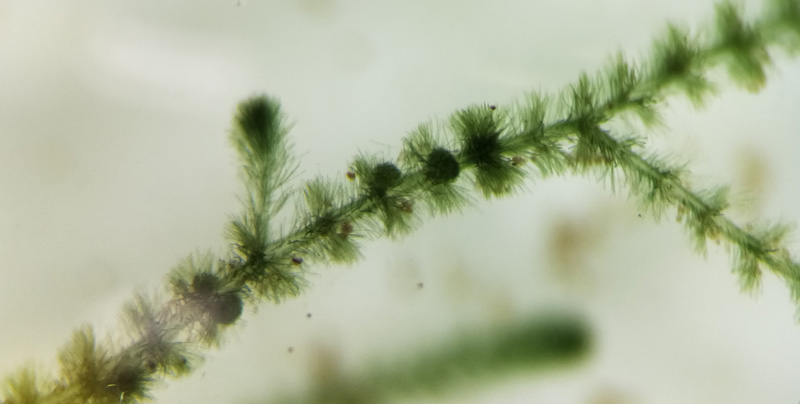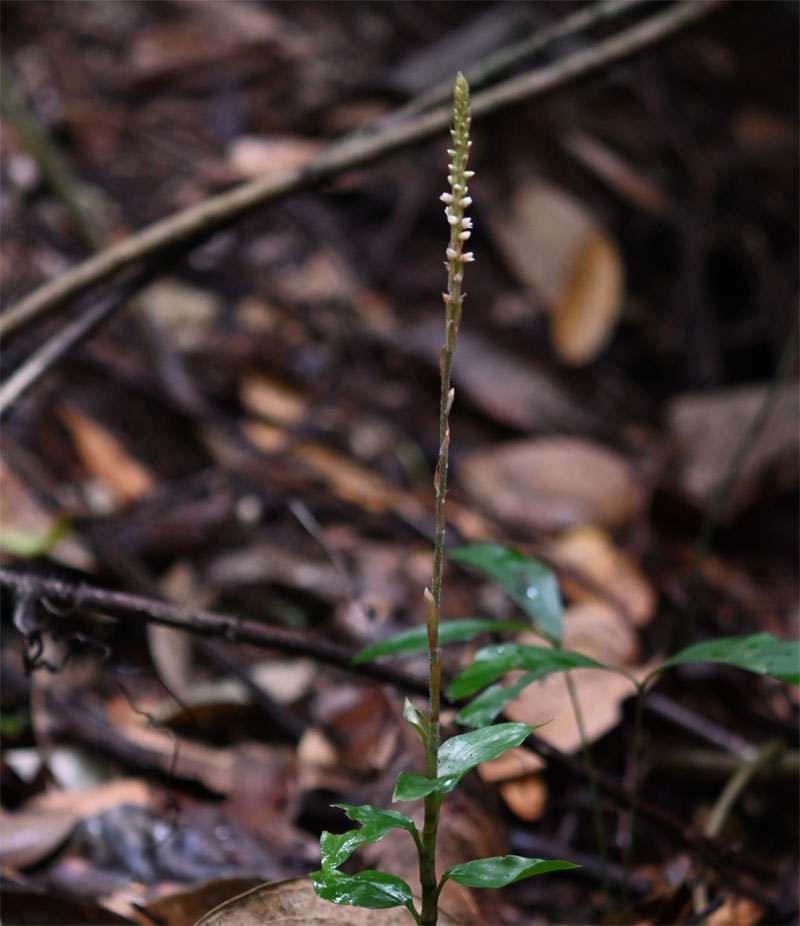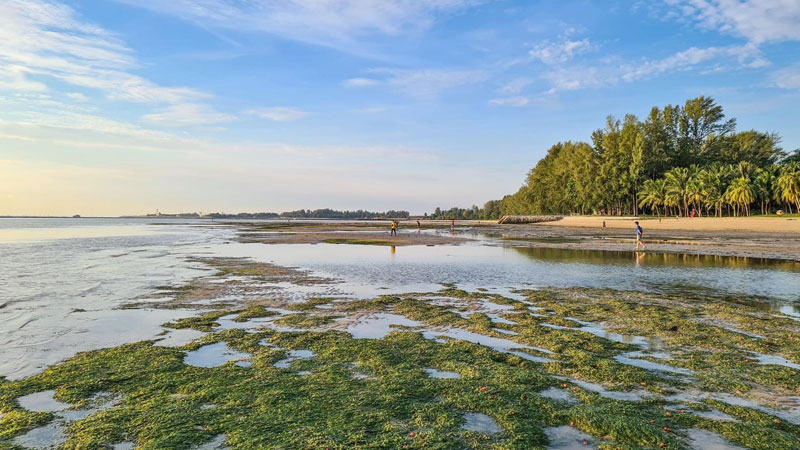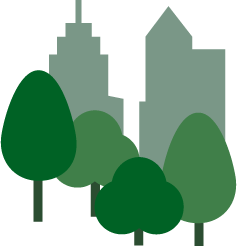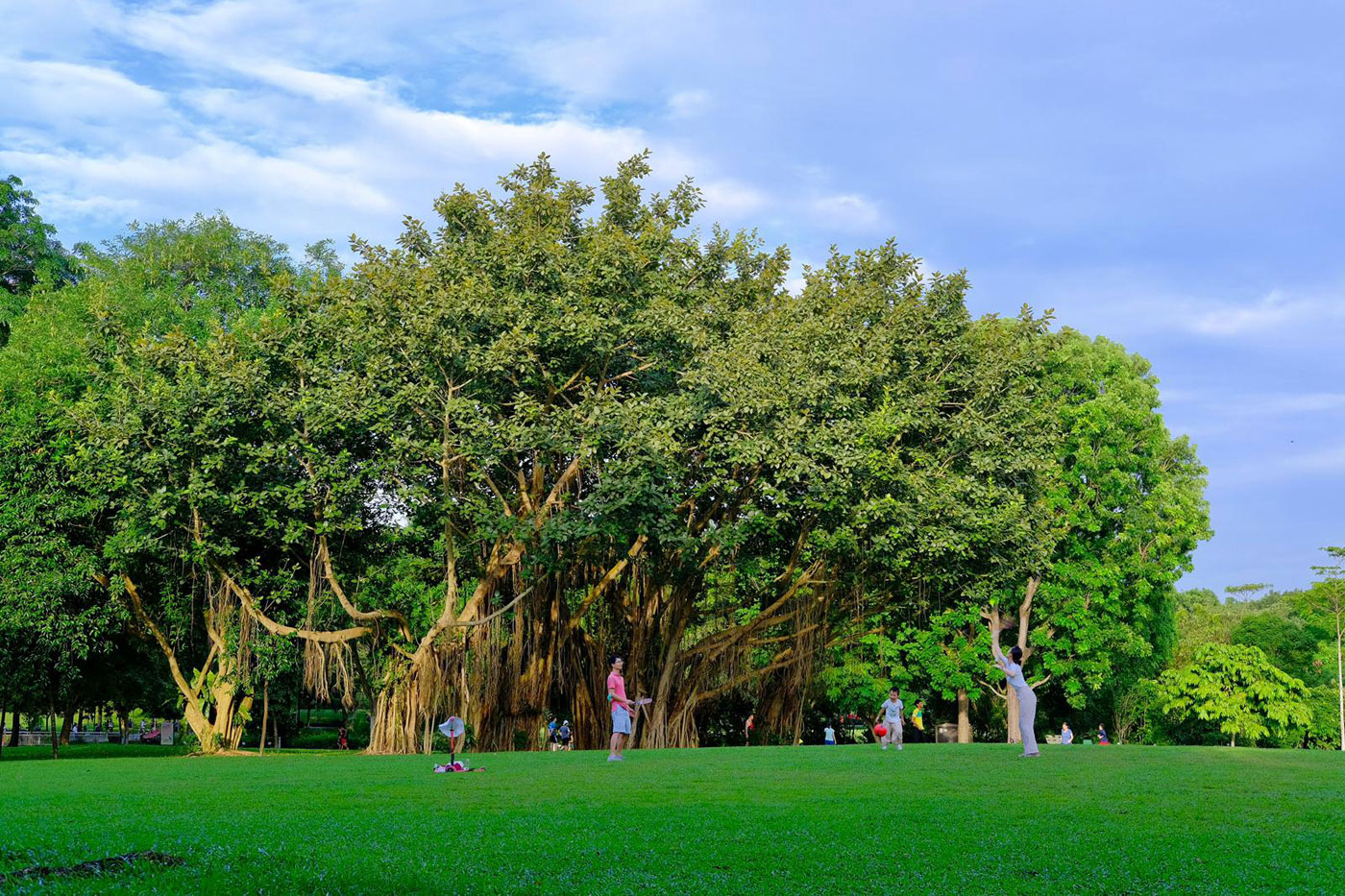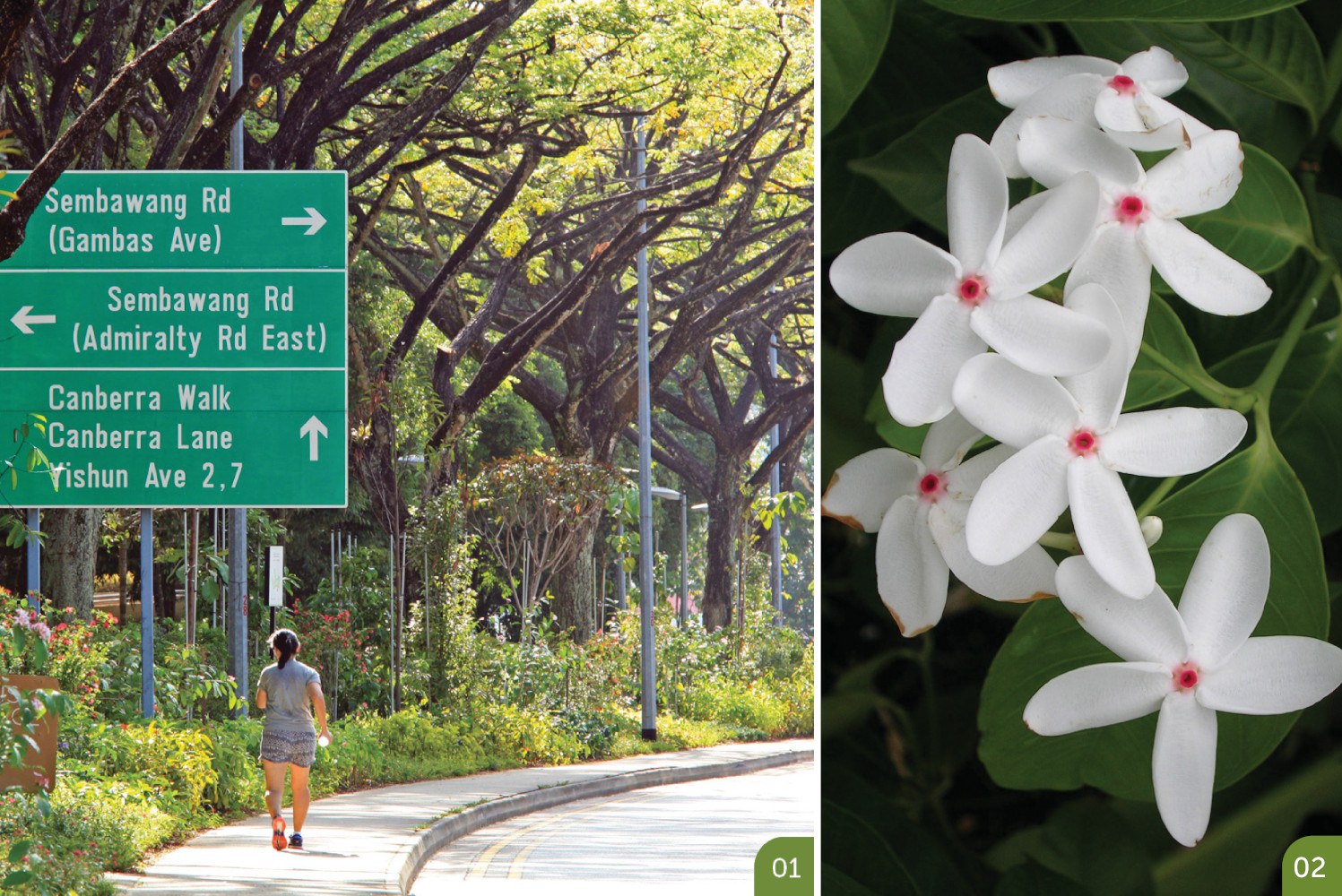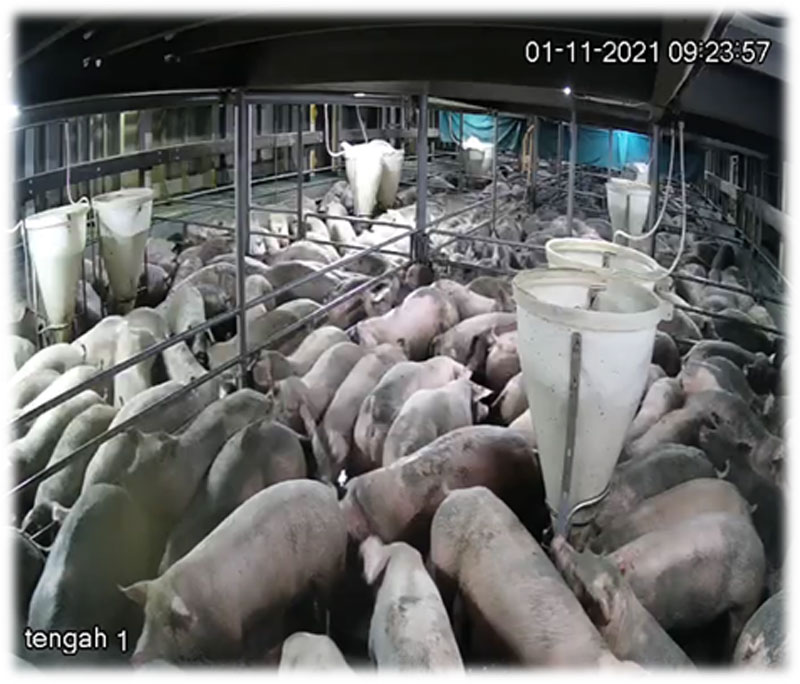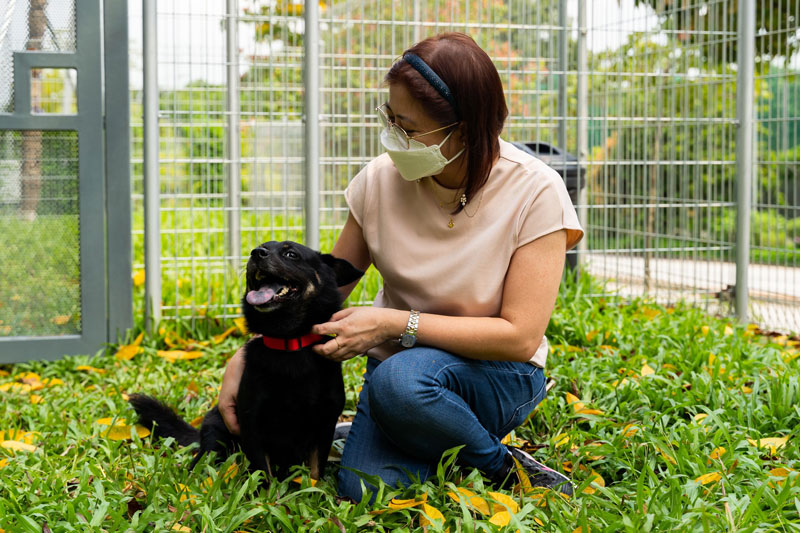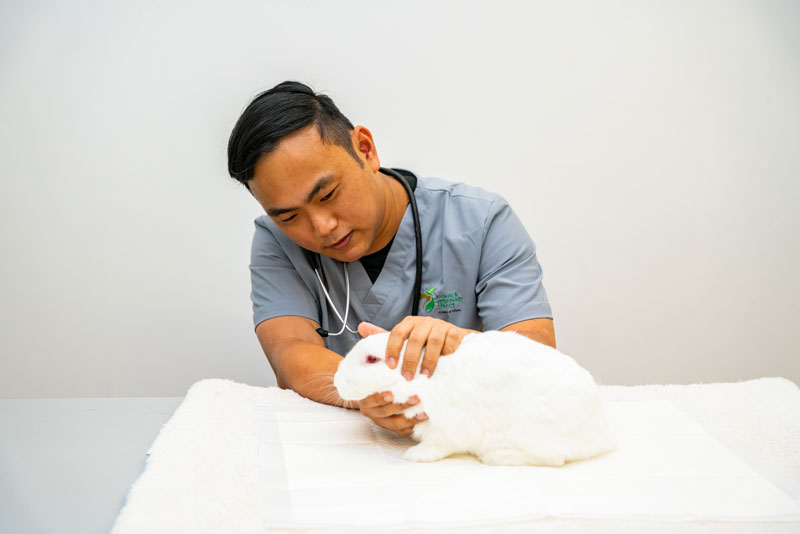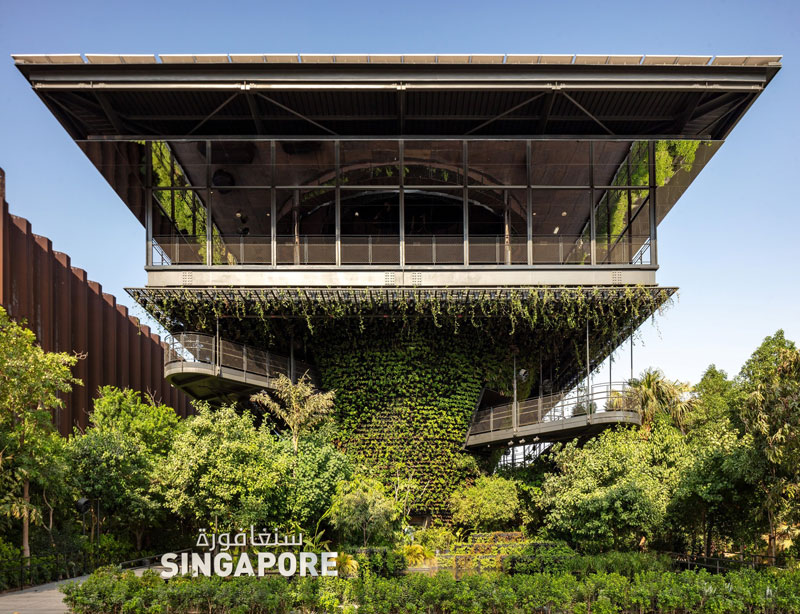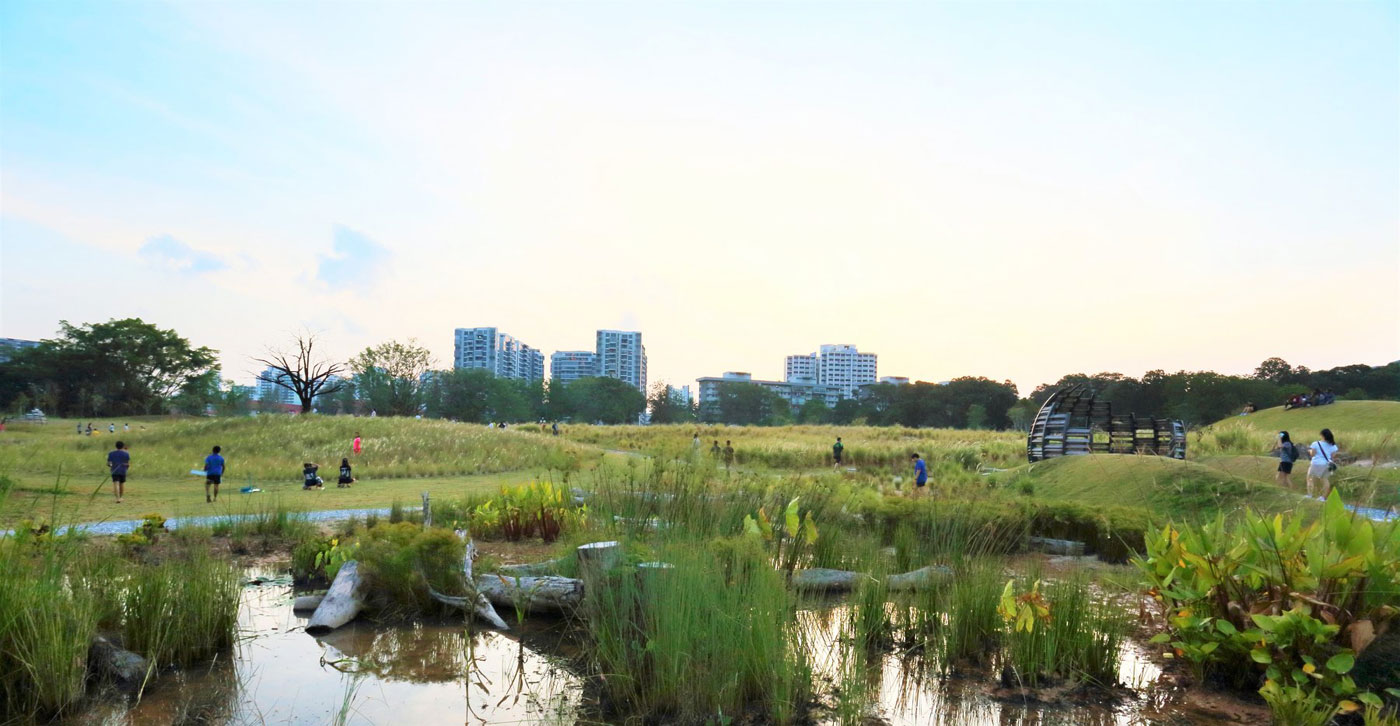Harnessing Technology to Safeguard
Human
and Animal Health
As part of efforts to strengthen biosurveillance and
resilience of Singapore’s animal health system, AVS is
leveraging technology to enhance the management of
animal diseases that may pose threats to human and
animal health. Controls implemented at pre-border,
border and post-border stages help to detect, contain,
and manage diseases early.
To boost surveillance capabilities, AVS is employing the
use of in-ship vessel CCTVs with live transmission and
drones fitted with thermal cameras to inspect imported
pigs before they are cleared for entry into Singapore.
AVS is also building up an animal health information
system that integrates animal health-related data,
licensing, and inspection records. This information
will be incorporated into NParks’ overall Geographic
Information System platform, MAVEN II, allowing for
integrated data analysis so as to better anticipate and
manage biosecurity risks.
To strengthen our ability
to prevent infectious diseases
from entering Singapore, AVS inspects imported pigs before
they are cleared for entry into
Singapore. This is done using
in-ship vessel CCTVs with live
transmission and drones fitted
with thermal cameras.
The Animal Quarantine Centre, opened in November
2021, leverages technologies to better safeguard animal
health and welfare. This includes employing technology
that will detect potential pathogens in the kennel and
cattery environment, rapid point-of-care diagnostic
test kits as well as CCTVs to monitor the conditions of
the animals in their kennels or catteries. The Centre
also expands AVS’ quarantine management system to
manage the operations of all other quarantine facilities
across Singapore including those designated for
imported wildlife, horses and laboratory animals.
AVS is employing the use of smart collar tags for
animals eligible for home quarantine, making Singapore
one of the first countries to do so. Some animals,
such as those with pre-existing medical conditions
that require around-the-clock care by their owners,
can serve their post-arrival quarantine at home. Taken
together, these enable AVS to react expeditiously if
there is a disease outbreak.
Undergirding this biosurveillance system is the
Centre for Animal & Veterinary Sciences, which
houses animal health laboratories equipped with
advanced diagnostic capabilities to identify animal
and zoonotic diseases and sequence the genome
of the disease agents. Staffed by a multidisciplinary
team including veterinarians, animal health inspectors
and laboratory scientists, this biosurveillance system
has kept Singapore’s rabies-free status since 1953
and continues to ensure the nation is free from other
major transboundary animal diseases such as Highly
Pathogenic Avian Influenza, African Swine Fever, Footand-
Mouth Disease and African Horse Sickness.
NParks’ expertise is recognised nationally and stretches
beyond our borders. Amidst the Covid-19 pandemic,
close collaborations with the Mandai Wildlife Group
enabled nine lions infected with the SARS-CoV-2 virus,
to be nursed back to health. Staff also joined their
peers in Thailand to research and deduce solutions to
combat the spread of the fatal African Horse Disease.
Pet owners can use the
segregated dog runs at the
Animal Quarantine Centre to
spend time with their dogs
outdoors while socially distanced
from other animals, to reduce
the risk of diseases being spread.
 Homepage
Homepage
 Annual Report
Annual Report
 Financial Statements
Financial Statements
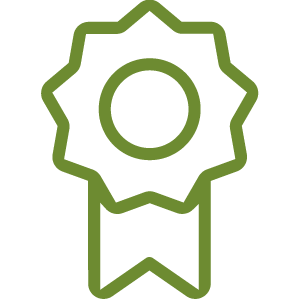 Garden City Fund Honour Roll
Garden City Fund Honour Roll
